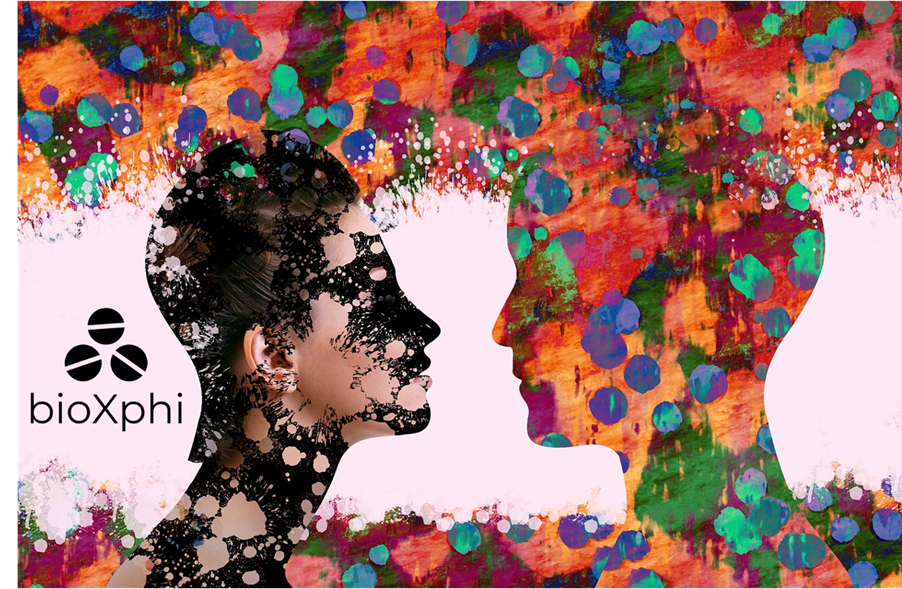Moral Psychology at the Uehiro Centre for Practical Ethics
Written by Joanna Demaree-Cotton
This last Michaelmas term marked the inaugural series of lab meetings for the Uehiro Centre’s BioXPhi lab (https://moralpsychlab.web.ox.ac.uk). Co-directed by myself and Dr. Brian Earp, the lab brings philosophers together with psychologists to conduct experimental studies in moral psychology and bioethics. Specifically, we investigate the contributing factors and psychological processes that shape:
- Moral intuitions, judgments and reasoning
- Moral agency, moral action and moral motivation
- The structure and application of (bio)ethical concepts
… with an eye to contributing to substantive normative and philosophical debates in ethics.
(What’s a “lab meeting”, you ask? Our lab meetings are where members of our lab come together with colleagues and collaborators to present and get feedback on ongoing research relevant to the experimental study of ethics.)
Just because people reason in a certain way about morality, that doesn’t mean that this is how we should reason about morality. People get things wrong all the time. Concepts can be incoherent. Reasoning can be flawed. Judgments can be biased and self-serving. Moral motivation can be weak. Moreover, people can often be ignorant or mistaken about many of the morally relevant details and nuances that apply to some particular situation, resulting in moral judgments that are simply ill-informed.
Yet, investigating ordinary moral psychology is invaluable for ethics and moral philosophy for a number of reasons (Earp, Demaree-Cotton et al., 2020; Earp, Lewis et al., 2021).
Read More »Moral Psychology at the Uehiro Centre for Practical Ethics


